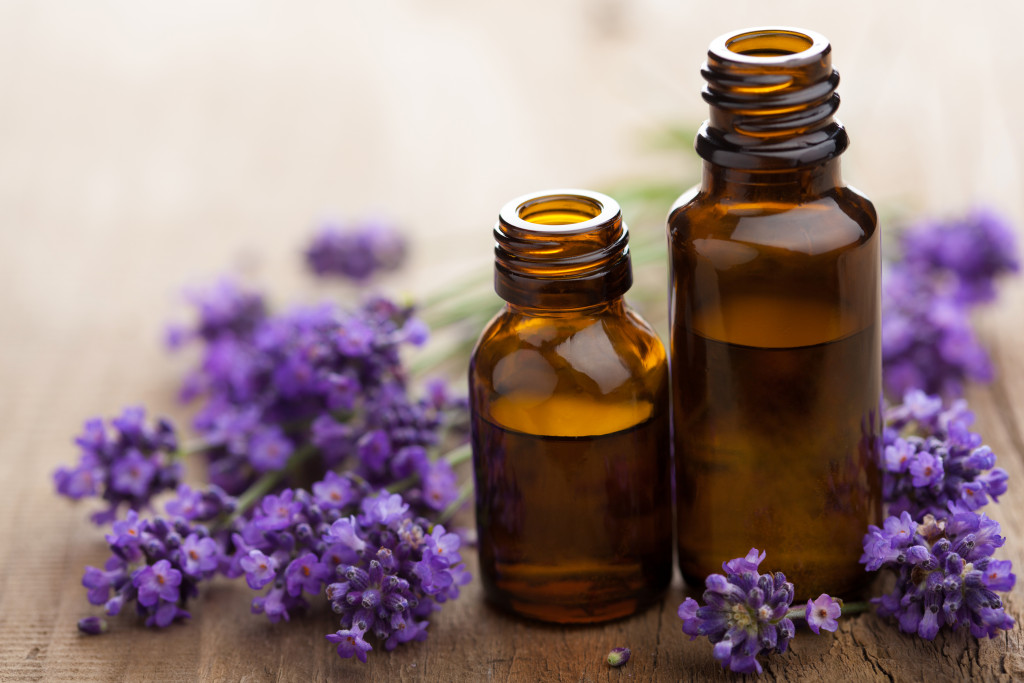- Tick-borne diseases are rising, so it’s essential to understand their symptoms and how to protect yourself from ticks.
- Seek medical attention immediately after being bitten and seeing symptoms, and follow lifestyle changes.
- Treatment options include antibiotics, antifungal medication, and antiviral medications.
- Alternative treatments such as acupuncture and chiropractic care can also help, as well as natural remedies like essential oils and herbs.
- Preventing tick-borne diseases is key, and taking precautions to avoid ticks is essential.
Tick-borne diseases are rising, and the reported cases have increased rapidly over the last few years. According to CDC, in 2021 alone, an estimated 476,000 Americans were diagnosed and treated for tick-borne diseases. So it’s essential to understand these symptoms and how to protect yourself from ticks. Although tick bites are often harmless, some can transmit serious conditions such as Lyme disease and Rocky Mountain Spotted Fever. These diseases can have debilitating long-term effects if not appropriately managed. This comprehensive guide will discuss tick-borne diseases in detail and provide tips on managing their symptoms.
Symptoms of Tick-borne Diseases
Symptoms of tick-borne diseases can vary from person to person, and some may not show any signs at all. However, common symptoms include fever, headache, muscle aches, and fatigue. If left untreated, symptoms can progress to more severe conditions such as joint pain and neurological disorders, which can be challenging to treat.
Not everyone knows when they’ve been bitten, and it’s possible to have a tick-borne disease without ever noticing the bite. If you have been in an area with ticks or have been spending time outdoors, it’s essential to be aware of the symptoms and seek medical attention if you have them.
Managing the Symptoms

Seek medical attention
The first step in managing these symptoms is to seek medical attention immediately after being bitten by a tick. Your doctor can diagnose the disease and prescribe the necessary treatment, including antibiotics or other medication. You want to get the correct diagnosis and treatment to prevent long-term health complications.
For example, if not treated promptly, Lyme disease can cause symptoms such as joint pain, fatigue, and neurological problems. On the other hand, Rocky Mountain Spotted Fever can lead to internal organ damage and even death if it’s not treated promptly. Therefore, seeking medical attention as soon as possible is essential.
Lifestyle changes
In addition to medical attention, lifestyle changes can help alleviate symptoms of tick-borne diseases. A healthy diet rich in vitamins and minerals can help boost the immune system and aid in the body’s recovery. Regular exercise can also help with muscle aches and improve overall health. Rest and sleep are also essential for those suffering from fatigue or joint pain, and reducing stress can help improve general well-being. Other treatments, such as physical therapy, might be recommended depending on the individual and the severity of symptoms.
Treatment Options
Possible treatments
Antibiotics are the primary treatment for most tick-borne illnesses. They help to kill any bacteria in the body that the tick may have transmitted. Depending on the severity of the infection, your doctor may prescribe oral antibiotics or give you intravenous antibiotics in a hospital setting. Other treatments, such as antifungal medications, corticosteroids, or antiviral medications, may also be prescribed. Your doctor may need to hospitalize you and provide fluids and other medications for more severe cases.
Alternative treatments
There are also alternative treatments that may be recommended. Acupuncture and chiropractic care have been found to be beneficial in managing symptoms for some people. Herbal remedies, such as echinacea and goldenseal, may also help.
You may also try hyperthermia treatment for Lyme disease if antibiotics don’t work. This treatment uses targeted heat to kill the bacteria, which has been found to be effective in some cases. It is essential to discuss any alternative therapies with your doctor before trying them. Remember that these treatments should not be used without medical supervision.

Natural Remedies
Natural remedies can also be used as a complementary treatment for tick-borne diseases. Essential oils and herbs such as Echinacea and garlic have been found to have antibacterial and anti-inflammatory properties, which can aid in the healing process. However, it’s important to note that these remedies should always be used in conjunction with prescribed medication and under the guidance of a healthcare provider.
Preventing Tick-borne Diseases
Prevention is always better than cure, and there are several steps you can take to reduce your risk of contracting a tick-borne disease. Avoid walking in tall grass or wooded areas during peak season and wear protective clothing, preferably light-colored, to increase the visibility of ticks. Apply insect repellent that contains 20-30% DEET to exposed skin when spending time outdoors. After returning indoors, perform a tick check on yourself and your pets, as the disease can be transmitted from pets to humans.
Ticks can be commonly found in wooded areas or high grass during warmer months, so taking necessary precautions to avoid tick-borne diseases is essential. Early detection and treatment can help manage symptoms and prevent the long-term effects of the disease. Remember to seek medical attention immediately if a tick has bitten you or you are experiencing symptoms. Proper management and prevention strategies can reduce your risk of contracting a tick-borne disease and help you live a healthy and happy life.
